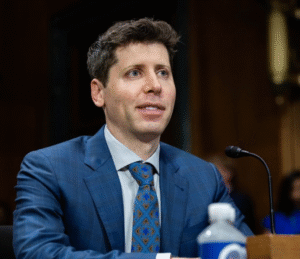Guarding Against Conflicts: Ethical Imperatives in AI Policy Formation
As artificial intelligence (AI) continues to permeate various sectors, the ethical frameworks guiding its development and deployment have become increasingly critical. A recent report by the AI Now Institute highlights concerns about the growing dominance of a few powerful tech companies in the AI landscape, emphasizing the need for transparency and accountability in AI governance. (source)
This concern echoes the arguments presented by bioethicists Glenn McGee and Peter Levin in their article, “Physician, Divest Thyself: Conflicts of Interest,” where they discuss the ethical implications of conflicts of interest in medicine. Their insights are particularly relevant today as similar ethical dilemmas emerge in the realm of AI policy-making.
The intertwining of private interests with public policy decisions in AI raises questions about the integrity of regulatory frameworks. For instance, the deployment of AI tools like Elon Musk’s Grok within government agencies, as reported by Reuters, has sparked debates about potential conflicts of interest and the need for clear ethical guidelines. (source)
To ensure that AI technologies serve the public good, it’s imperative that policymakers and stakeholders establish robust ethical standards that prevent conflicts of interest. Drawing from McGee and Levin’s work, the emphasis should be on transparency, accountability, and the separation of private gains from public responsibilities.
📚 Further Reading:
For an in-depth exploration of conflicts of interest in professional settings, refer to McGee and Levin’s article:
Physician, Divest Thyself: Conflicts of Interest – Glenn McGee & Peter Levin

